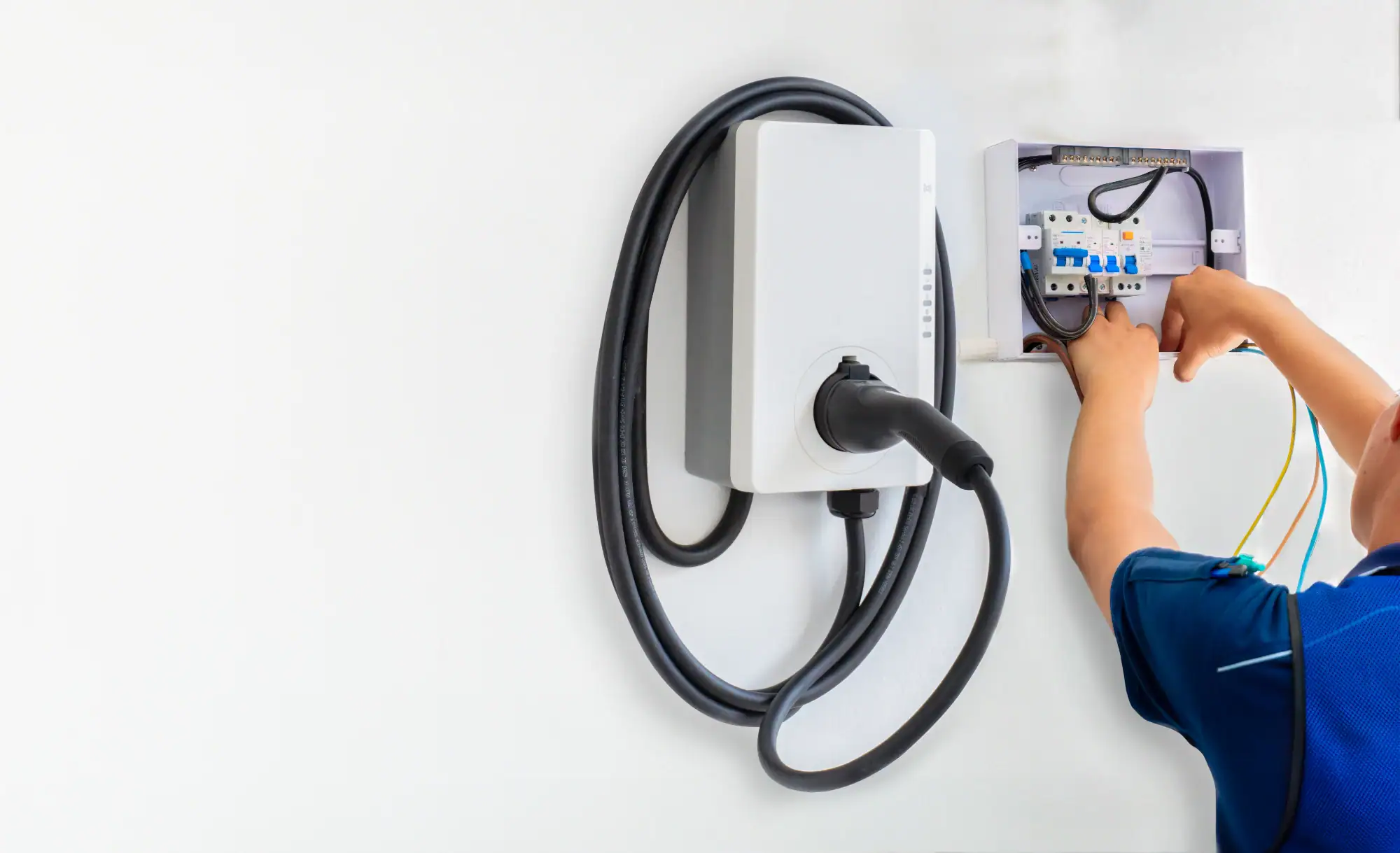Get your electric vehicle charging at home with Western Springs’ trusted electrical experts. Licensed, bonded, and insured with 25 years of residential electrical experience.
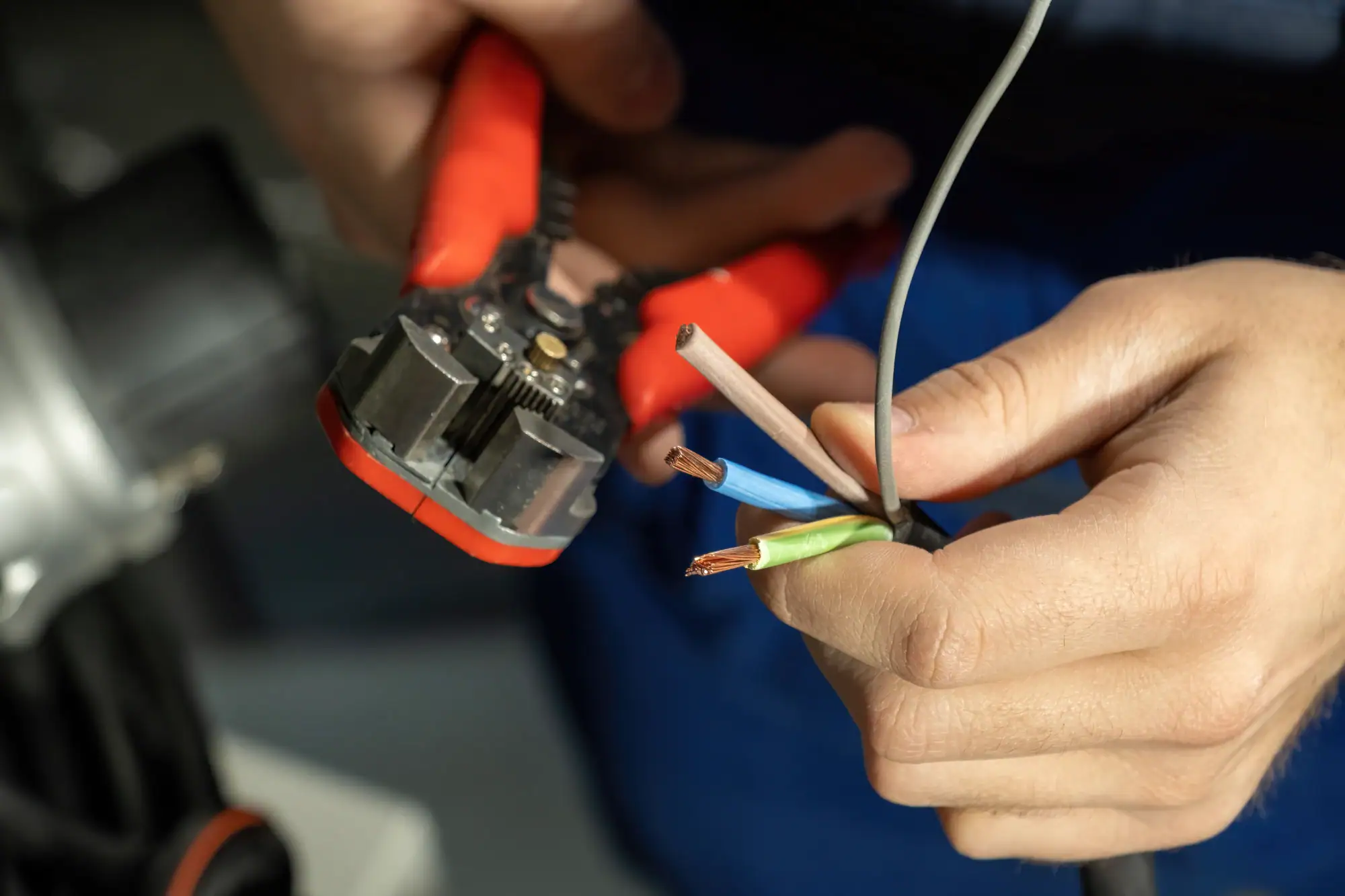
Hear from Our Customers
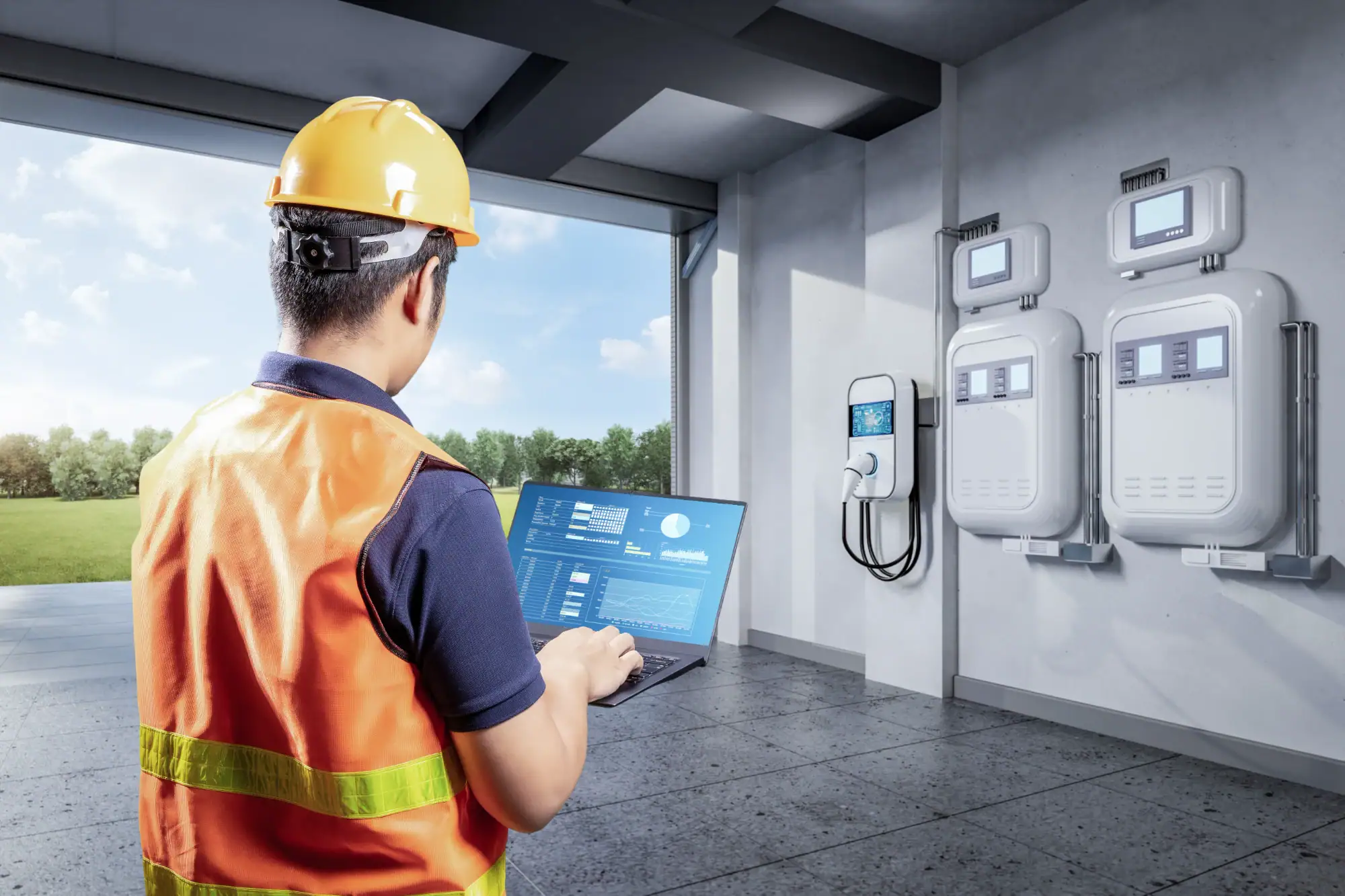
You’ll never worry about finding a charging station again. Wake up every morning to a fully charged vehicle, ready for your commute or weekend plans.
Your home becomes your personal fueling station. No more planning trips around charging stops or waiting in line at public chargers. Just plug in when you get home and let your car charge overnight while you sleep.
The installation pays for itself through convenience and savings. ComEd offers rebates up to $3,750 for Level 2 charger installation, and time-of-use electricity rates can cut your charging costs significantly during off-peak hours.
We’ve been solving Western Springs homeowners’ electrical challenges for 25 years. We specialize in residential electrical work, from emergency repairs to major upgrades like EV charger installations.
Licensed, bonded, and insured, we understand what Western Springs homeowners need. Quick response times, professional work, and fair pricing. We’ve built our reputation on emergency electrical services, which means we know how to handle complex electrical work under pressure.
Western Springs residents trust us for critical electrical issues because we show up when promised and get the job done right the first time. Our experience with panel upgrades and circuit installations makes EV charger installation a natural extension of our expertise.
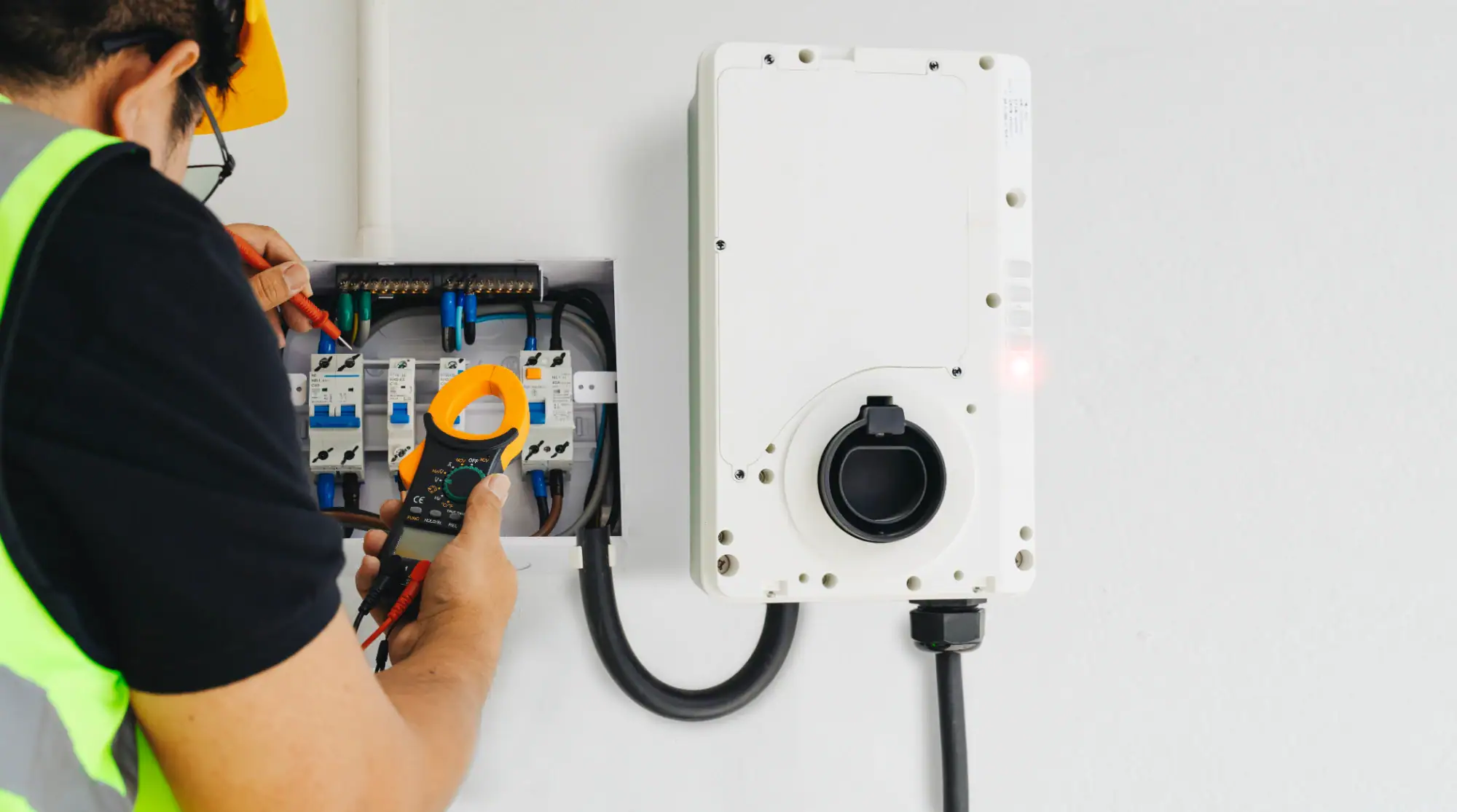
First, we assess your electrical panel and determine what’s needed for your specific EV charger. Most Level 2 chargers require a 240-volt, 40-amp circuit, but we’ll verify your home’s capacity and recommend any necessary upgrades.
Next, we handle all permits and ensure code compliance. Western Springs has specific electrical requirements, and we know exactly what’s needed to pass inspection. No surprises, no delays.
Installation day is straightforward. We install the charger mounting bracket, run the dedicated circuit from your electrical panel to the charging location, install the appropriate breaker, and connect everything safely. We test the system thoroughly and show you how everything works before we leave.
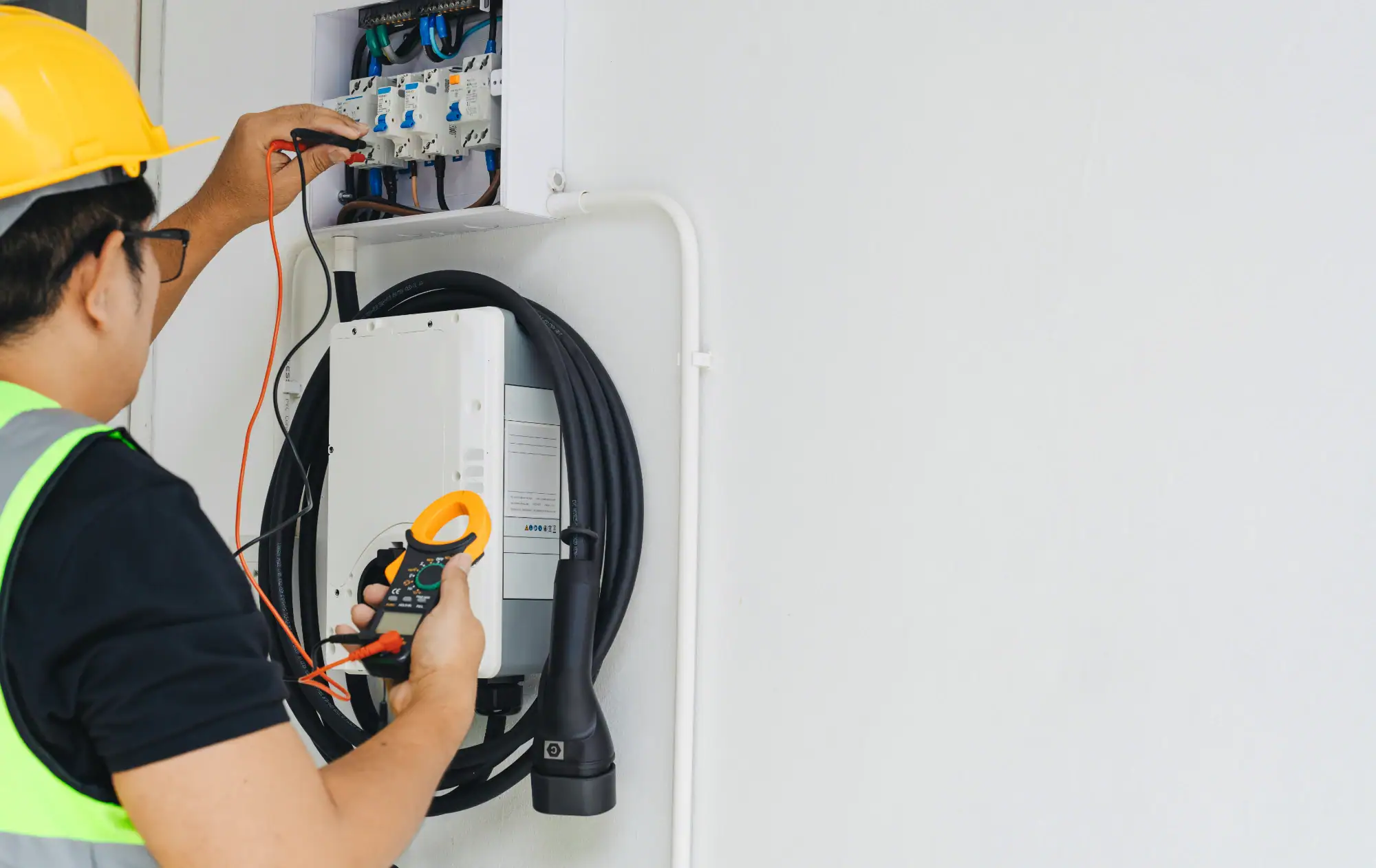
Ready to get started?
Your installation includes everything needed for safe, code-compliant operation. We provide and install the dedicated 240-volt circuit, appropriate breaker, conduit and wiring, and mounting hardware. All work meets Illinois electrical codes and Western Springs permit requirements.
We also handle ComEd rebate paperwork to help you save up to $3,750 on your installation. Western Springs residents are eligible for these substantial rebates, and we’ll guide you through the application process.
Panel upgrades are available if your current electrical service can’t handle the additional load. Many Western Springs homes built before 2000 may need capacity upgrades, and we can evaluate and upgrade your panel as part of the installation process.
